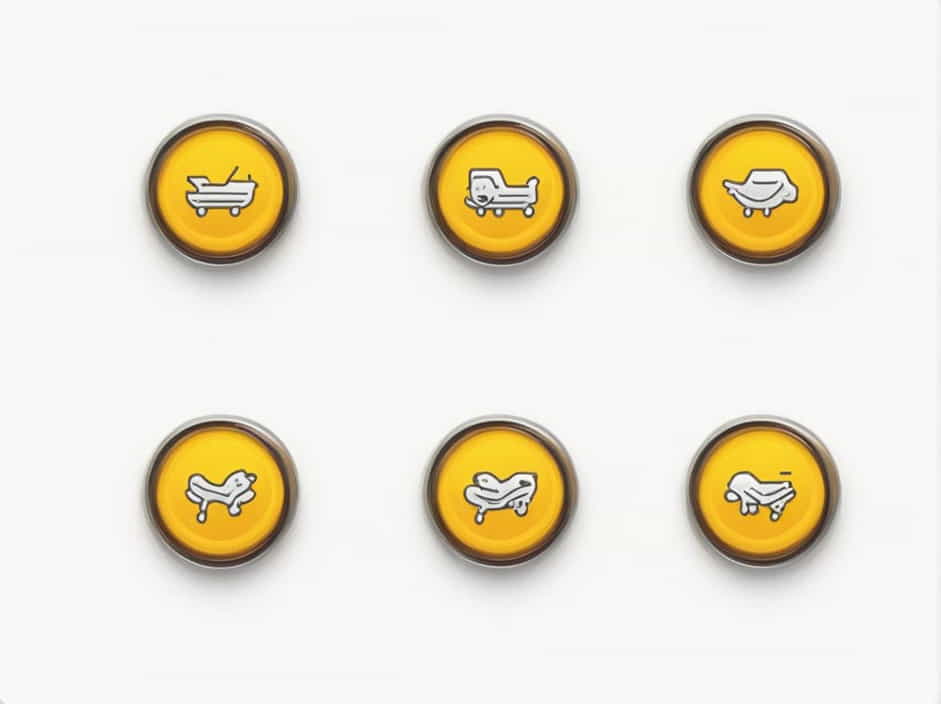Some people are naturally uncertain, coy, and hard to please. They often hesitate before making decisions, seem reserved in social interactions, and have high expectations that make them difficult to satisfy. While these traits might appear frustrating to others, they are often the result of deeper psychological factors.
This topic explores the nature of uncertainty, coyness, and high standards, the reasons behind them, and how to navigate relationships with individuals who exhibit these characteristics.
Understanding Uncertainty: Why Some People Struggle with Decisions
1. What Causes Uncertainty?
Uncertainty is a state of indecisiveness or hesitation. It can stem from various factors, including:
-
Fear of making the wrong choice – Some people worry about regrets.
-
Overanalyzing situations – They may spend too much time thinking instead of acting.
-
Lack of confidence – Low self-esteem can make decision-making difficult.
2. Signs of an Uncertain Personality
People who struggle with uncertainty often:
-
Take a long time to make choices, even simple ones.
-
Ask for reassurance frequently.
-
Avoid commitments due to fear of making mistakes.
3. How to Overcome Uncertainty
If you or someone you know struggles with uncertainty, these strategies may help:
-
Trust yourself – Accept that no decision is perfect.
-
Limit overthinking – Set a time limit for making choices.
-
Take small risks – Build confidence by making minor decisions without overanalyzing.
Coyness: The Art of Reserved Behavior
1. What Does It Mean to Be Coy?
A coy person is often reserved, shy, or deliberately secretive. They may:
-
Avoid direct answers.
-
Appear hesitant in expressing emotions.
-
Use subtle body language instead of clear communication.
2. Reasons People Act Coy
There are many reasons someone may exhibit coyness:
-
Shyness – Some individuals feel uncomfortable opening up.
-
Social strategy – Some use coyness to appear more mysterious or interesting.
-
Past experiences – A history of rejection can make a person reluctant to express emotions openly.
3. How to Communicate with a Coy Person
-
Be patient – Give them time to open up.
-
Encourage honesty – Let them know it’s okay to express their thoughts.
-
Avoid pressuring them – Making them uncomfortable may push them further away.
Hard to Please: High Expectations and Perfectionism
1. Why Are Some People Hard to Please?
Some individuals have very high standards, making them difficult to satisfy. This may be due to:
-
Perfectionism – Expecting only the best from themselves and others.
-
Discontentment – Constantly seeking more than what is offered.
-
Fear of settling – Believing that lowering standards will lead to disappointment.
2. Signs of a Hard-to-Please Personality
-
Frequently criticizes or finds flaws in things.
-
Rarely expresses satisfaction, even when expectations are met.
-
Changes preferences or demands frequently.
3. How to Deal with Someone Who Is Hard to Please
-
Set clear boundaries – Let them know what is reasonable.
-
Avoid taking criticism personally – Their high standards are their own issue, not yours.
-
Encourage gratitude – Help them appreciate what they have.
People who are uncertain, coy, and hard to please often have complex personalities shaped by past experiences, insecurities, or personal preferences. Understanding them requires patience, empathy, and good communication.
By learning how to navigate relationships with these individuals, we can foster better connections and reduce frustration. Whether dealing with uncertainty, coyness, or high expectations, the key is to approach the situation with an open mind and a willingness to adapt.
